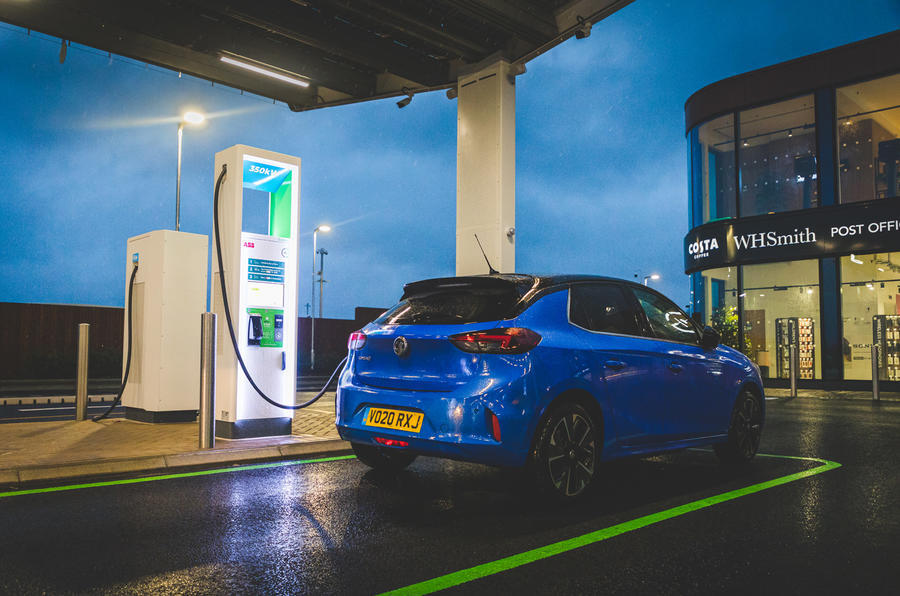Taxes could rise to account for the loss of fossil fuel tax as electric vehicles become more widely used, according to a new report from The Treasury.
Reviewing the UK’s progress so far as it seeks to become net zero on greenhouse gas emissions by 2050, the new interim report discusses the costs associated with decarbonising various industries and sectors for all key stakeholders.
In doing so, the report sheds light on how the government might seek to recuperate some of the revenue lost during the mass switch to electric vehicles, which will prompt a sharp drop in tax paid on fossil fuels (petrol and diesel).
“Revenues from taxes on the consumption of fossil fuels and from emissions-intensive industries will decline during the transition, for example, as petrol cars are replaced by electric vehicles.
“Over time the government will need to consider how to offset these lost tax revenues – whether through adjustments to other taxes or reductions in government spending – so that the UK can reach net zero while maintaining the long-term health of the public finances.”
While not confirming any specific area that might be subject to a tax hike, this statement serves as acknowledgement of a significant hurdle in EV adoption: that it will eradicate a substantial revenue stream for the UK government. It has previously been suggested that the government could implement a tax on electricity specifically used to charge electric vehicles, hiking charging costs as a means of recovering the lost fuel duty.
Fuel duty currently stands at 57.95 pence per litre for petrol and diesel, and estimates suggest that switching en masse to much cheaper electricity will bring about a £30bn loss to the national economy.
The report also acknowledges obstacles to zero-emission vehicle (ZEV) adoption from the point of view of the public: “There is an additional dynamic market failure whereby a lack of adequate charging infrastructure may present a barrier to uptake of ZEVs, but the fact that enough ZEVs are required to be in use to make charging infrastructure profitable may prevent the infrastructure being delivered.
“There are other static non-price market failures that also present a barrier to adoption of these vehicles: misinformation about range and environmental impact of batteries; inertia; and liquidity (up-front affordability) constraints."
The UK’s electric vehicle charging network is widely acknowledged to be ill-prepared for a sharp rise in the amount of plug-in cars on the roads. Earlier this year, the government pledged to double its investment in improving the infrastructure, before announcing that the sale of new petrol and diesel-fuelled cars will be banned from 2030 onwards.









Join the debate
Add your comment
Perhaps they could stop with the government grants, why pay people to buy something we will all have to buy eventually anyway, then they could do away with the tax breaks for company car users, here is an idea, use a car for work pay for it, or get your company to pay for it, the Government shouldnt lose money/revenue because of it, then perhaps cut the taxbreaks on PHEVs as company cars, unless they actually do what it says on the tin, then perhaps you could look at increase the tax on the already well overtaxed ICE driver.
Could? You are optimists! The taxes WILL go up, with certainty.
Maybe if they stopped pissing our tax revenue up the wall on useless crap there wouldn't be a need to plug the £30bn shortfall, would there? Start cutting waste and only spend money on things that the state needs to provide to its citizens.